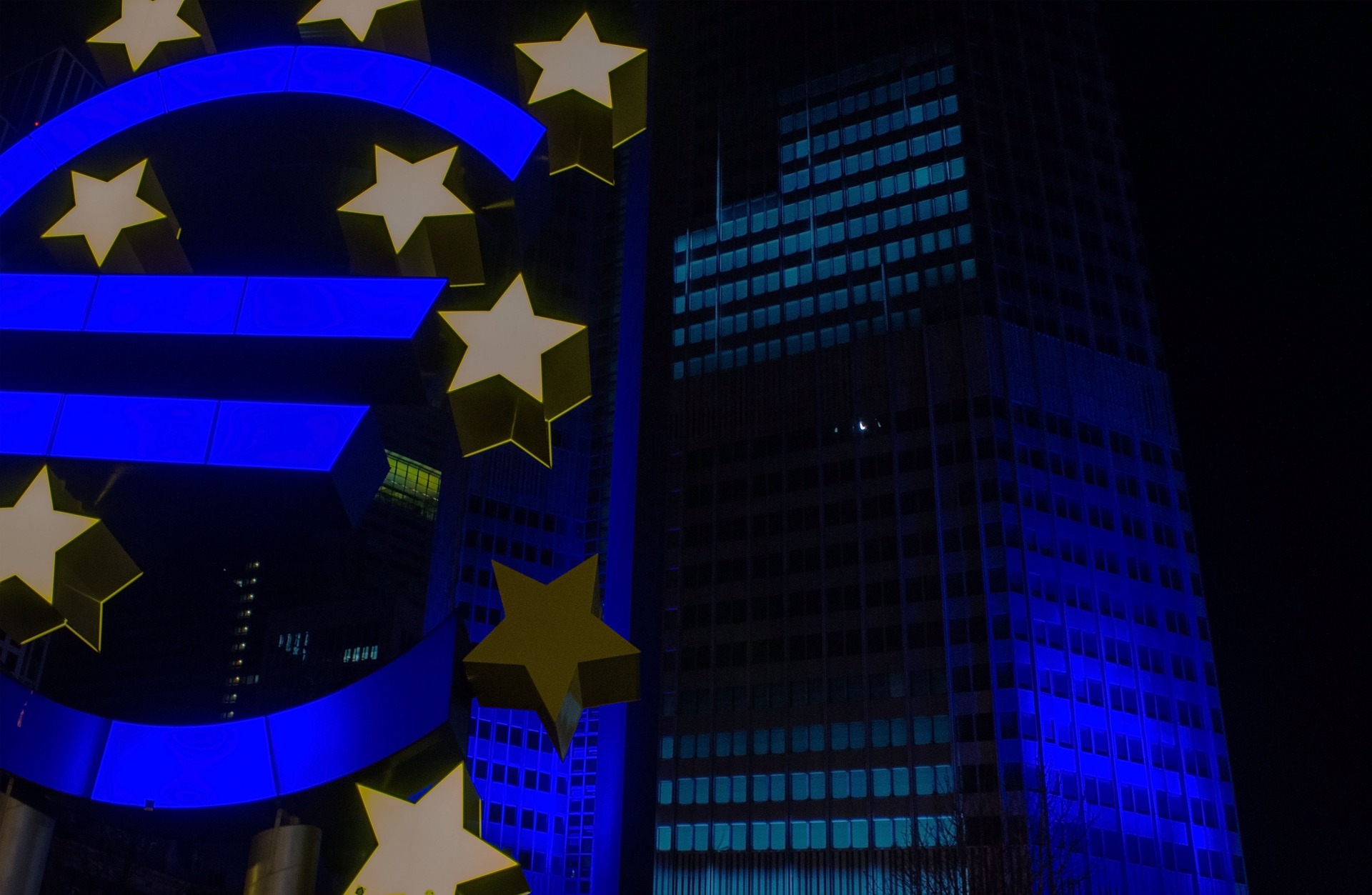The ratification of the European Stability Mechanism (ESM) Treaty is currently being blocked by Italy, normally a large pro-risk sharing euro area Member State. This is stopping the early entry into force of the Single Resolution Fund’s (SRF) common backstop and defeats all the risk reduction efforts made by Member States and the banking sector up until now. But if the ESM Treaty remains unratified, the SRF will start 2024 without any mutualised public budgetary backing. Luckily, the SRF is currently well capitalised with funds from the banking industry and the EU banking sector appears to be in good shape according to the latest results of EBA’s stress tests.
Nevertheless, there doesn’t seem to be any good reason for blocking the ESM Treaty’s ratification. The Direct Bank Recapitalisation Instrument, which will be replaced by the SRF’s common backstop, faces numerous obstacles before it can be activated and thus does not seem to be worth keeping; the combination of risk sharing and risk reduction elements in the ESM Treaty appears to be balanced; blocking the ESM Treaty will not help the one holdout from gaining any leverage on other ongoing discussions; and the stigma that the ESM suffers from will not likely be sorted out in the short term.
Therefore, blocking the ESM Treaty’s ratification will not serve any useful purpose for the deepening of the Economic and Monetary Union (EMU). Quite the opposite, it could have a very negative impact.
Read full publication at original link.
About the author
Judith Arnal is Board member at the Bank of Spain, as well as a member of its Audit Committee. She is an Associate Senior Research Fellow at CEPS and ECRI, a Senior Research Fellow at the Elcano Royal Institute and a member of its Scientific Committee. She conducts extensive research on financial and European policy affairs and is a regular contributor to financial media.


